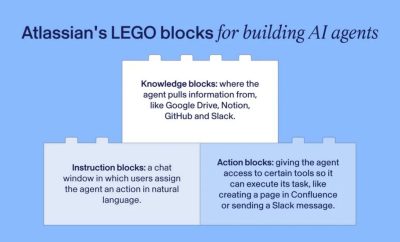
Strategic trend forecasting: anticipating the future with artificial intelligence
Could machines do better than humans at spotting events so far considered unpredictable, such as the COVID-19 pandemic? Jim Marshall and Stephan Mergenthaler have been using natural language-understanding technology to detect trends—and analyse them at depth. They write that this type of analysis is an important foundation for people to better anticipate the future and prepare for it.
Nassim Taleb’s best-selling 2007 book “The Black Swan: The Impact of the Highly Improbable” was meant to offer a blueprint for more resilient business strategies in a networked world. Instead, the title has become a shorthand for any event that caught us unprepared. But are these types of events quickly labelled as black swans really unpredictable, or is it our inability that keeps us from connecting the dots at scale to spot and prepare for them? Could machines do better than humans at spotting them, given their near infinite capacity to read, absorb, and assimilate? And could we help communities and stakeholders to “look around the corner” a little on the topics that have greatest potential to impact their organisations, to build the kind of resilience that Taleb called for?
As part of our work developing the World Economic Forum’s strategic intelligence capabilities, we have been aggregating and surfacing high-quality content on over two hundred global issues to over three quarters of a million users for nearly four years now. This gives us a tremendous data set from which we can extrapolate trends that are shaping the world around us. What’s more, our hand-picked network of content partners from around the world means that we automatically exclude much of the noisy clickbait, fake news, and poor quality content that plague the Internet at large. We work with hundreds of think tanks, universities, research institutions and independent publishers in all major regions of the world to provide a truly global perspective. As such, when examining trends, we can be reasonably confident that our data are well positioned when it comes to the intrinsic biases inherent to open text analysis on uncurated content from the Internet.
Συνέχεια εδώ
Πηγή: blogs.lse.ac.uk




